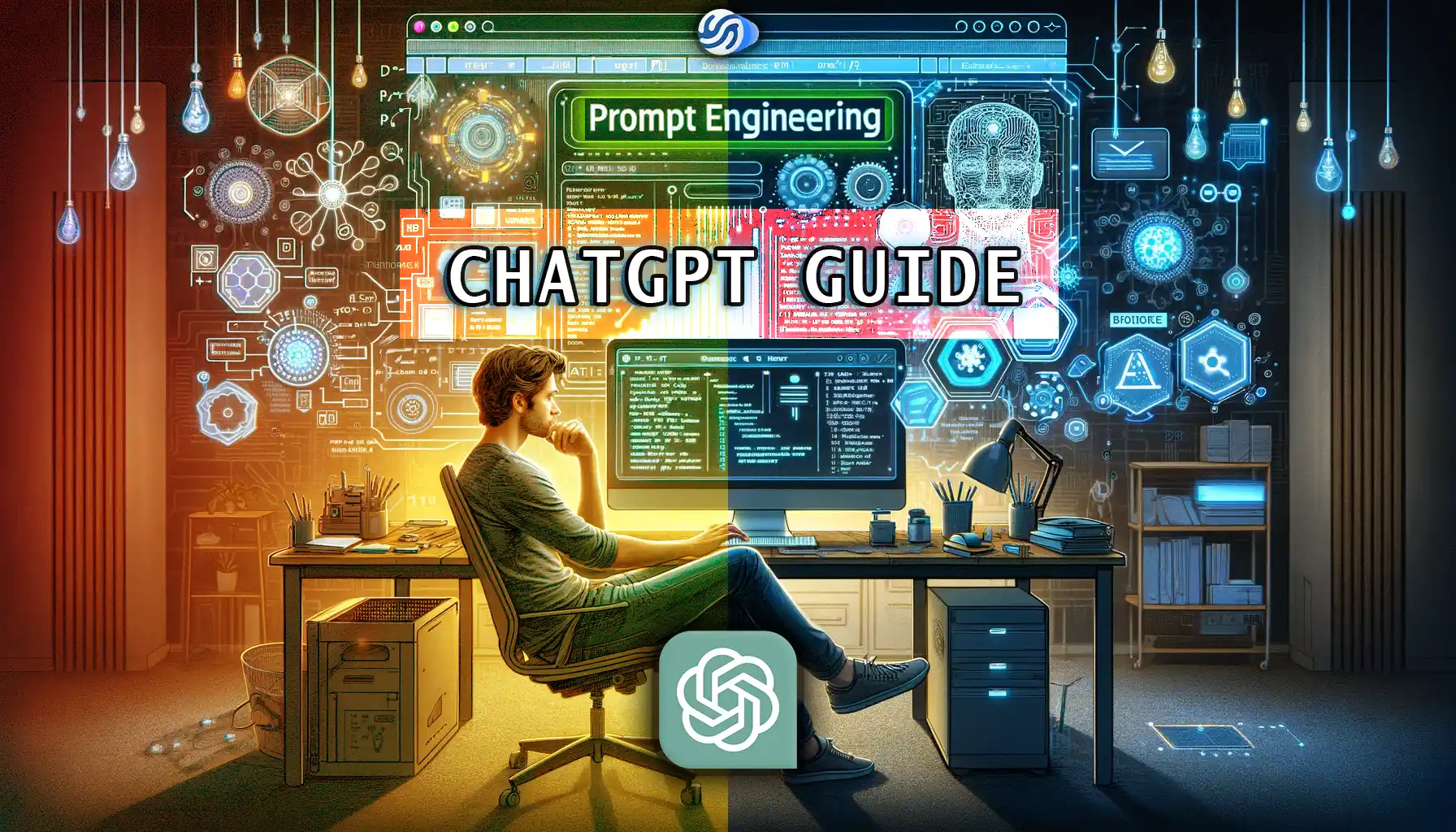In the age of digital transformation, the education sector is not immune to the sweeping changes brought about by Artificial Intelligence (AI). While AI offers unprecedented opportunities for personalized learning and administrative efficiency, it also raises significant concerns about student data protection, ethical considerations, and privacy. This exploration on Snowballai.io seeks to address these challenges and the measures schools can take to safeguard their students.
Introduction: The Digital Classroom and Its Implications
The modern classroom is a hub of digital interactions, with AI-powered tools playing an increasingly central role. From personalized learning platforms to smart attendance systems, data is continually being collected, processed, and analyzed.
Understanding the Risks: Data Collection and AI
AI thrives on data. The more it has, the better it performs. However, with this vast data collection comes the responsibility of ensuring its security. Schools need to be acutely aware of:
- What data is being collected
- How it’s being stored and processed
- Who has access to it
- How it’s being used to influence educational outcomes
Ethical Considerations in AI-Powered Education
Beyond data protection, there are ethical considerations. How do we ensure AI algorithms are free from biases? What’s the balance between personalized learning and creating an over-reliance on AI-driven insights? These are questions educators and administrators must grapple with as they integrate AI into their institutions.
Practical Measures to Protect Student Data
Schools can take several steps to ensure student data protection:
- Clear Communication: Regularly inform students and parents about data collection practices and obtain necessary consents.
- Secure Storage: Use encrypted storage solutions and conduct regular security audits.
- Limit Access: Ensure only authorized personnel have access to sensitive data.
- Regular Reviews: Continuously review and update AI tools to ensure they adhere to the latest data protection standards.
Navigating the Regulatory Landscape
Several regulations, like the Family Educational Rights and Privacy Act (FERPA) in the U.S., govern student data protection. Schools need to be well-versed in these regulations, ensuring compliance and staying updated with any changes.
Conclusion: Striking the Balance
Protecting student data in an AI-driven educational landscape is a nuanced challenge. While we cannot sidestep the technological advancements, we must navigate them with caution, ethics, and a steadfast commitment to student privacy. Dive deeper into the challenges and solutions of AI, ethics, and student data protection on Snowballai.io.

Ravjar Said is an engineer passionate about social impact. In his spare time, he runs Snowball AI – a YouTube channel exploring the intersections of artificial intelligence, education and creativity. Through innovative projects, he hopes to make AI more accessible and beneficial for all. Ravjar loves helping bring people and technology together for good.




